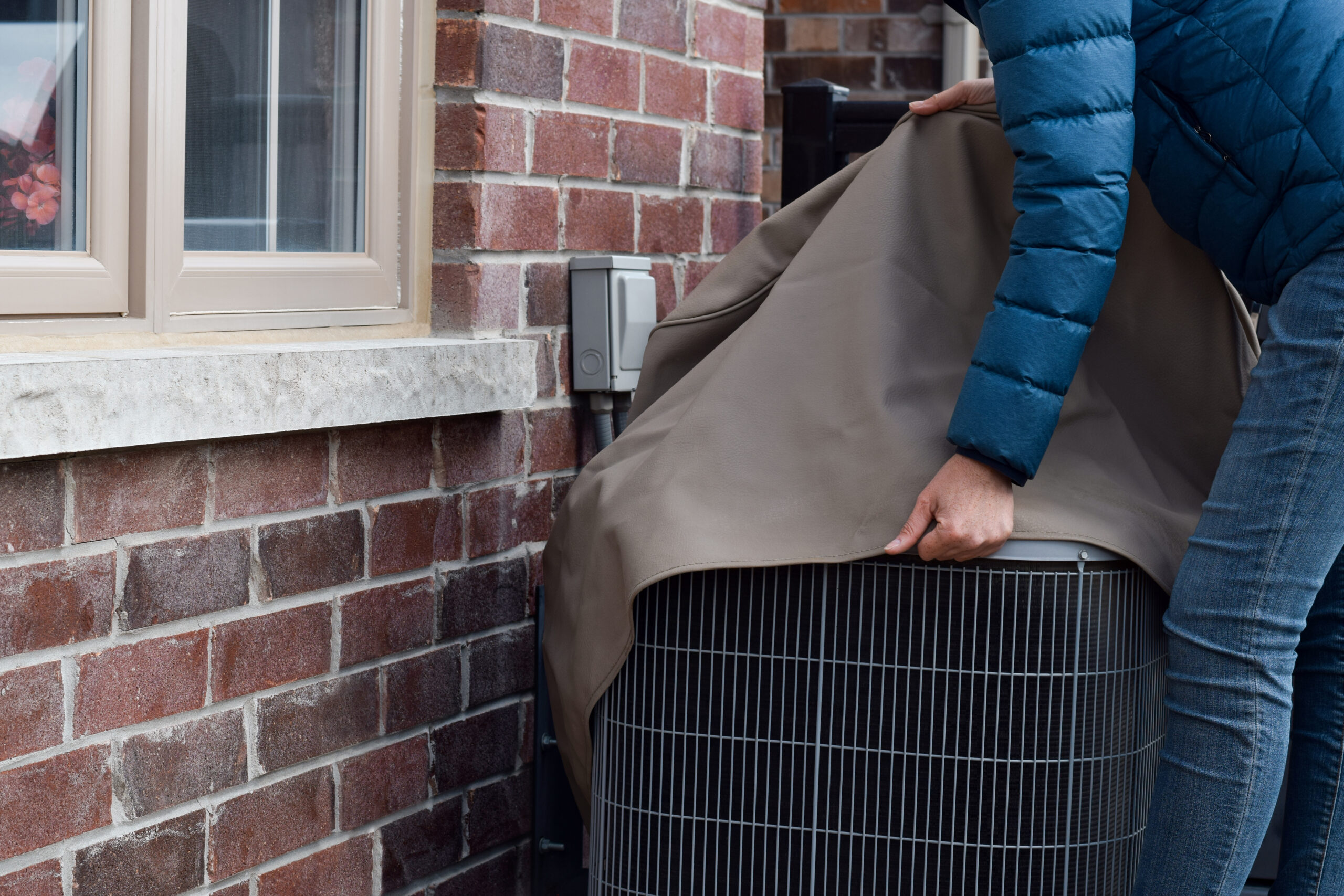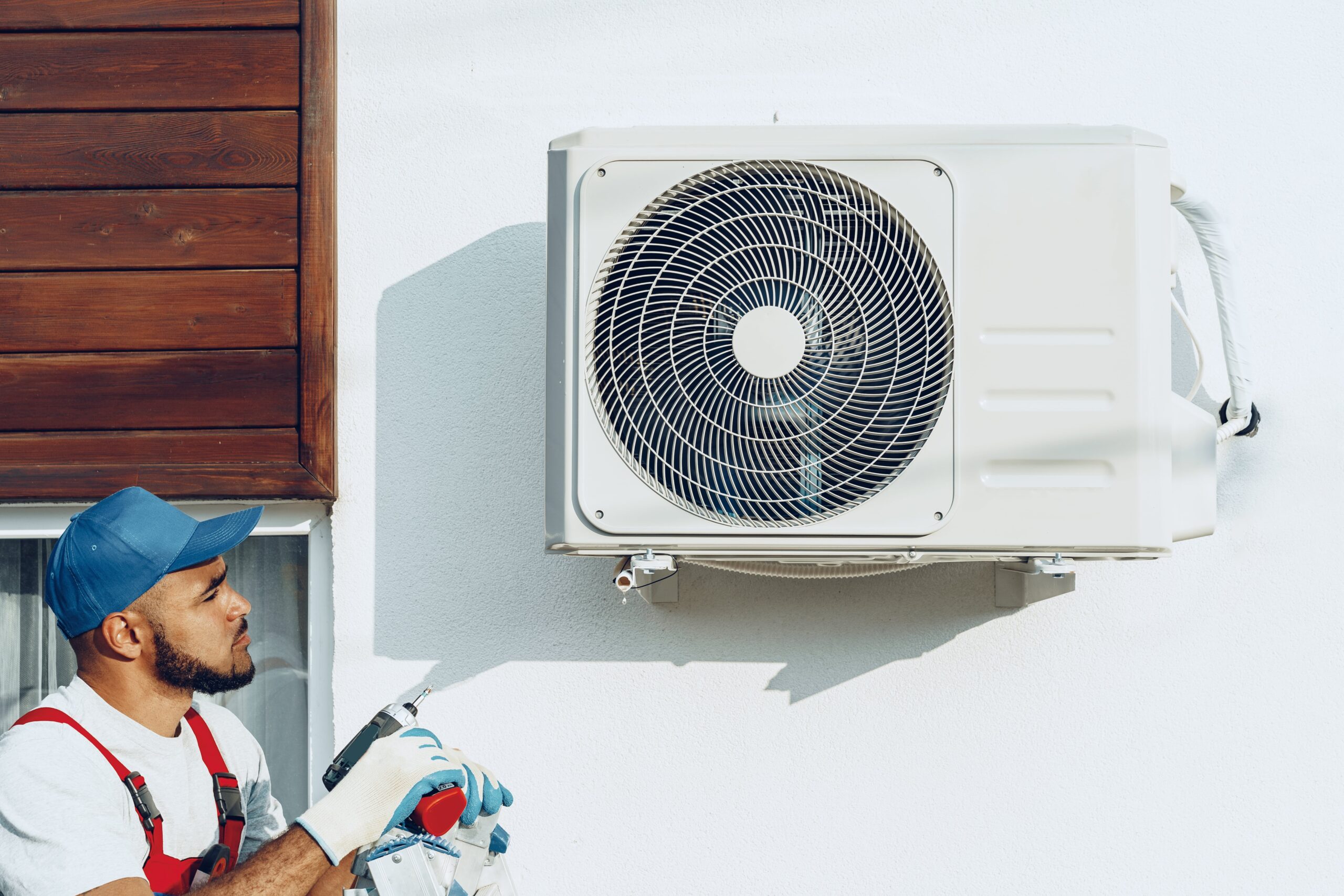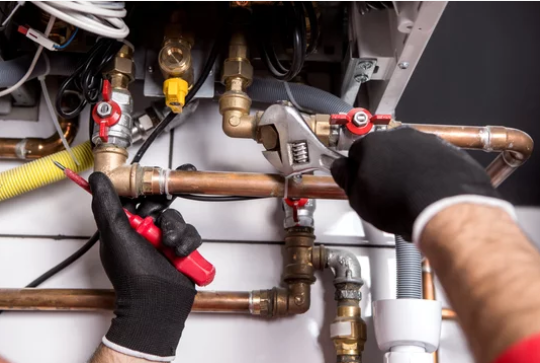The typical storage tank water heater is exposed to millions of gallons of water over its lifetime. The most popular kind of water heater in the country, the storage tank water heater, keeps a large amount of water heated at all times in case it is needed. This leaves these systems extremely vulnerable to rust, which can rupture the tank and cause thousands of dollars in water damage to the surrounding area.
Why, then, does that not happen more often? Because of a safety part called the sacrificial anode rod. Read on to find out more about the sacrificial anode rod, and what can happen if it fails.
What is it?
The anode rod is a long metal rod, formed around a steel wire, which is inserted into the storage tank of your water heater. It is often made of either magnesium or aluminum, though zinc is also used in larger systems. While the anode rod is in the tank, it will degrade instead of the tank itself. This is where it gets the “sacrificial” part of its name. As long as the sacrificial anode rod is intact, then the water heater tank will be protected from rusting. There comes a point, however, when the anode rod is just too degraded to continue protecting the tank.
When the Anode Rod Fails
Once the anode rod has degraded down to the steel wire, it loses the ability to protect the water heater. At that point, the water heater will begin to rust. As the rust eats through the lining of the tank, it will weaken it to the point that the tank will start to spring leaks. Eventually, the tank will lose too much structural integrity and rupture. That is why it is so important to check your anode rod at least once a year, and replace it if need be.
If you aren’t sure how to check or replace your anode rod, call Westland Heating & Air Conditioning. We provide water heater repair services throughout Westlake, OH.




